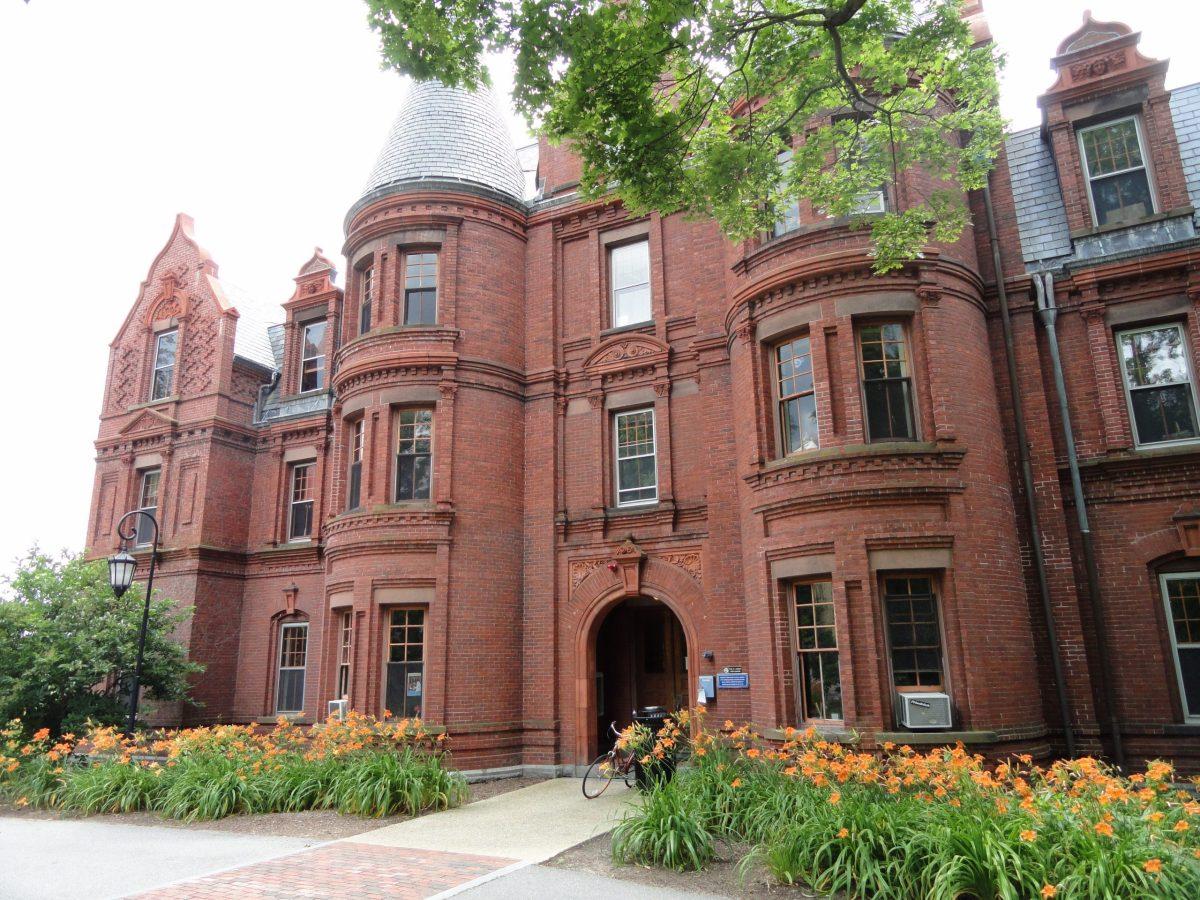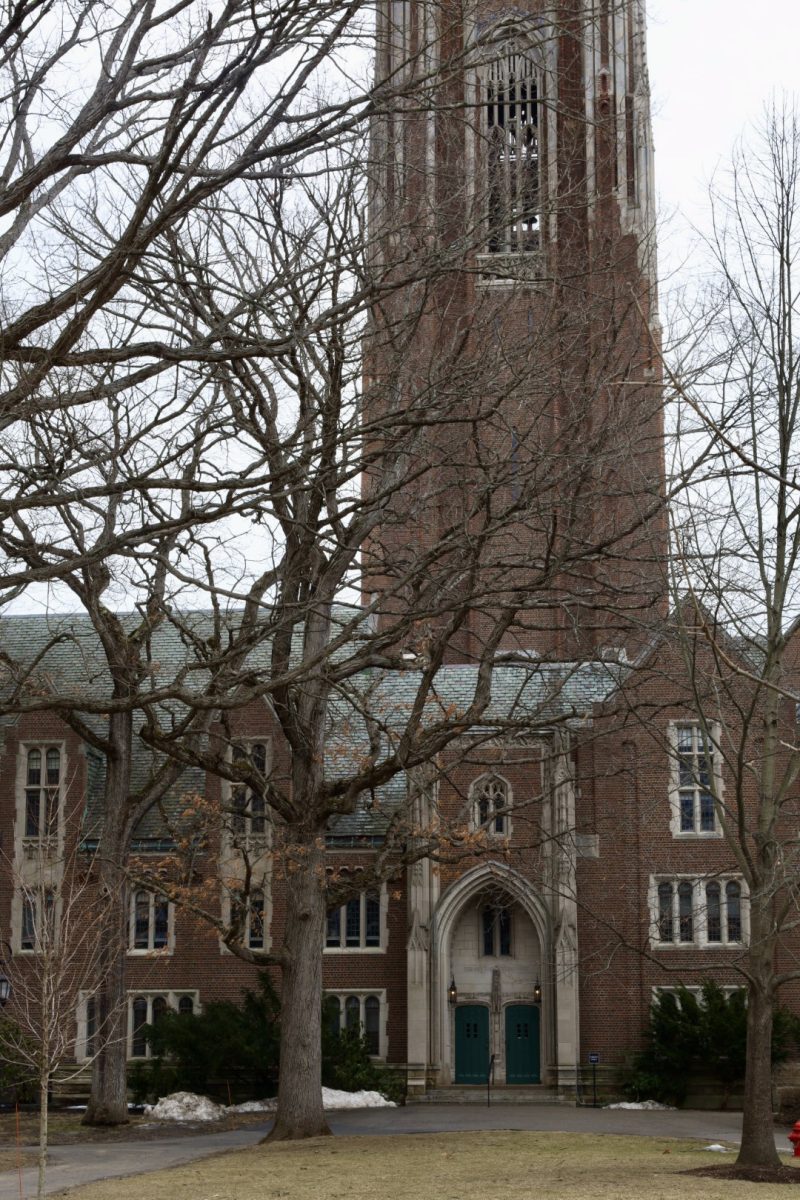After over 50 years of assisting in Wellesley College’s incoming student application process, the Academic Council voted to dissolve the Board of Admissions (BOA) in response to concerns over the fairness and consistency of the student and faculty review in the admissions process. The change, which was approved at the Jan. 30 meeting with 80 percent approval, eliminates the role of students and faculty members in directly evaluating applications and will go into effect for selecting the class of 2025.
By disbanding the BOA, Academic Council diverted the board’s core responsibilities to the Committee on Admission and Financial Aid (AFA) changing the point at which students and faculty input is received in the admissions process. According to Dean of Admissions and Financial Aid Joy St. John, who proposed the change to Academic Council, the new admissions process will be more reflective of similar institutions, as few other schools involve faculty in directly evaluating student applications and none involve students. While no student input was directly considered in the making of this decision, Dean St. John presented to the Senate in early December and said she adjusted the proposal accordingly with the student feedback she received.
The AFA has always been involved regarding admissions and financial aid policy; the committee had a prominent role in aiding the school’s removal of the requirement to submit SAT Subject Tests. While the AFA will continue to aid in policy decisions, it will also absorb the BOA’s most important responsibility of providing insight into what types of students are being admitted. According to Dean St. John, this will mainly occur prior to the evaluation process and during the “molding and shaping stage” in which the school must dwindle down the potential applicant pool in accordance with the goals of the college.
“I’m most excited that we’ve enhanced the AFA because I think there are a lot of big picture questions that the group needs to have more time to review and in detail,” Dean St. John said.
The decision to dissolve the BOA results from the need to effectively allocate finite resources and ensure that all incoming applications are evaluated fairly and on a consistent basis. Prior to this change, student and faculty admissions reads were providing insight into only a handful of applications, potentially giving those students an advantage over those who were not assigned an additional reader. Dean St. John said she was troubled by the lack of consistency in who was receiving feedback.
“That concerned me most,” Dean St. John remarked. “For some applicants we have that insight and for some we didn’t.”
While Dean St. John notes that the system including BOA was feasible when the group was first created in 1969 to read around 2,000 applications, as the number of applicants applying has increased by 300 percent to around 8,000, each BOA member would need to read an amount of applications that far exceeds what can be asked of a volunteer position. Additionally, an increase in the diversity of both domestic and international applicants,has prompted the admissions team to increase investment in full-time staff training such as unconscious and conscious bias training.
Before application reading begins, the committee will assist in evaluating the current institutional priorities, such as selecting academically talented students from diverse backgrounds, and making recommendations for future goals, some of which potentially deal with more clearly defining the sway of legacy status, participation in varsity athletics, and standardized test scores in the admissions process. . From there, two full-time members of the admissions staff read applications with an applicant pool of around 8,000 is reduced to a potential admit pool of around 1,600. Here, Dean St. John stresses, is where the committee plays one of its most crucial roles in guiding the remaining admissions decisions by discussing which guiding principles and trade-offs the school should make in choosing candidates for admission. Afterwards, the full-time admissions staff, the Dean of Admissions and Financial Aid, and the Director of Admissions meet in small groups and make their final choices.
“I don’t think it’s going to fundamentally change who we admit,” Dean St. John said. “I’m just going to feel more confident that the choices we made were fair and consistent.”






